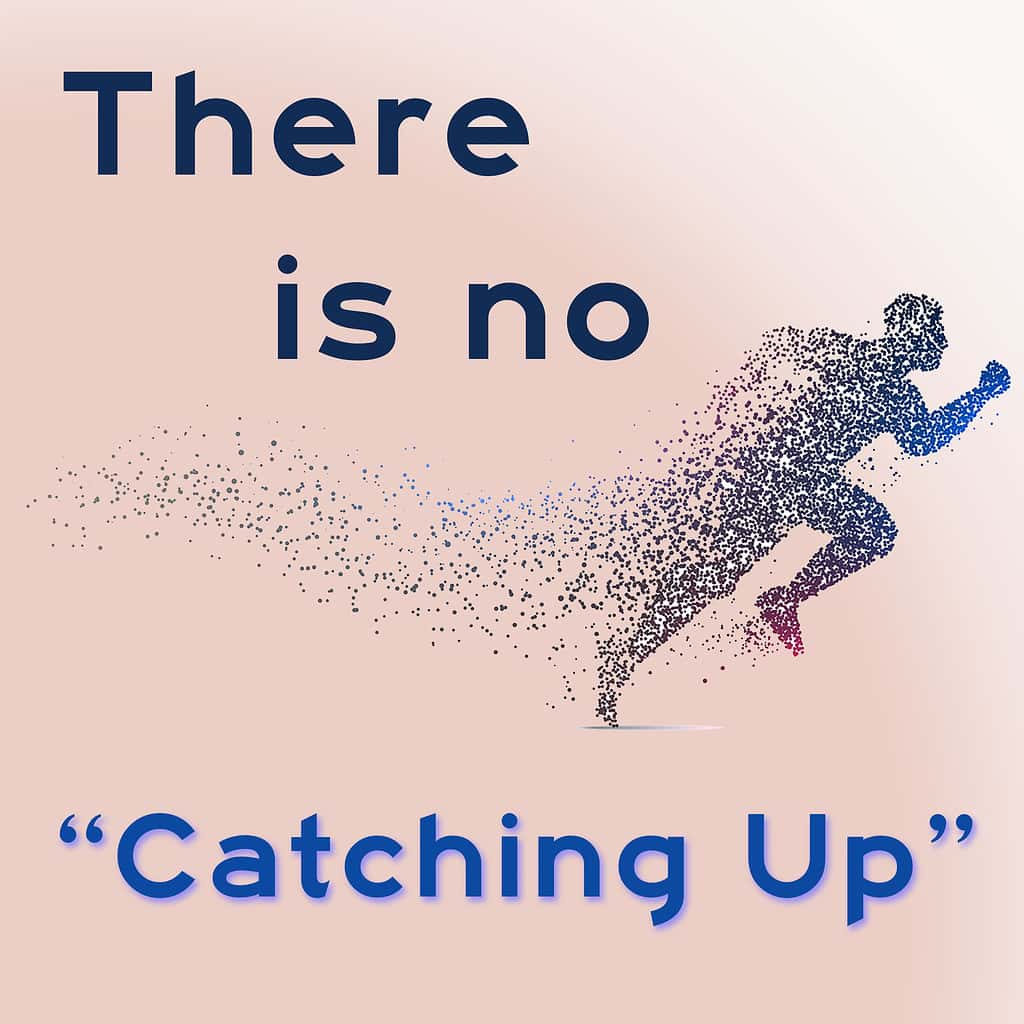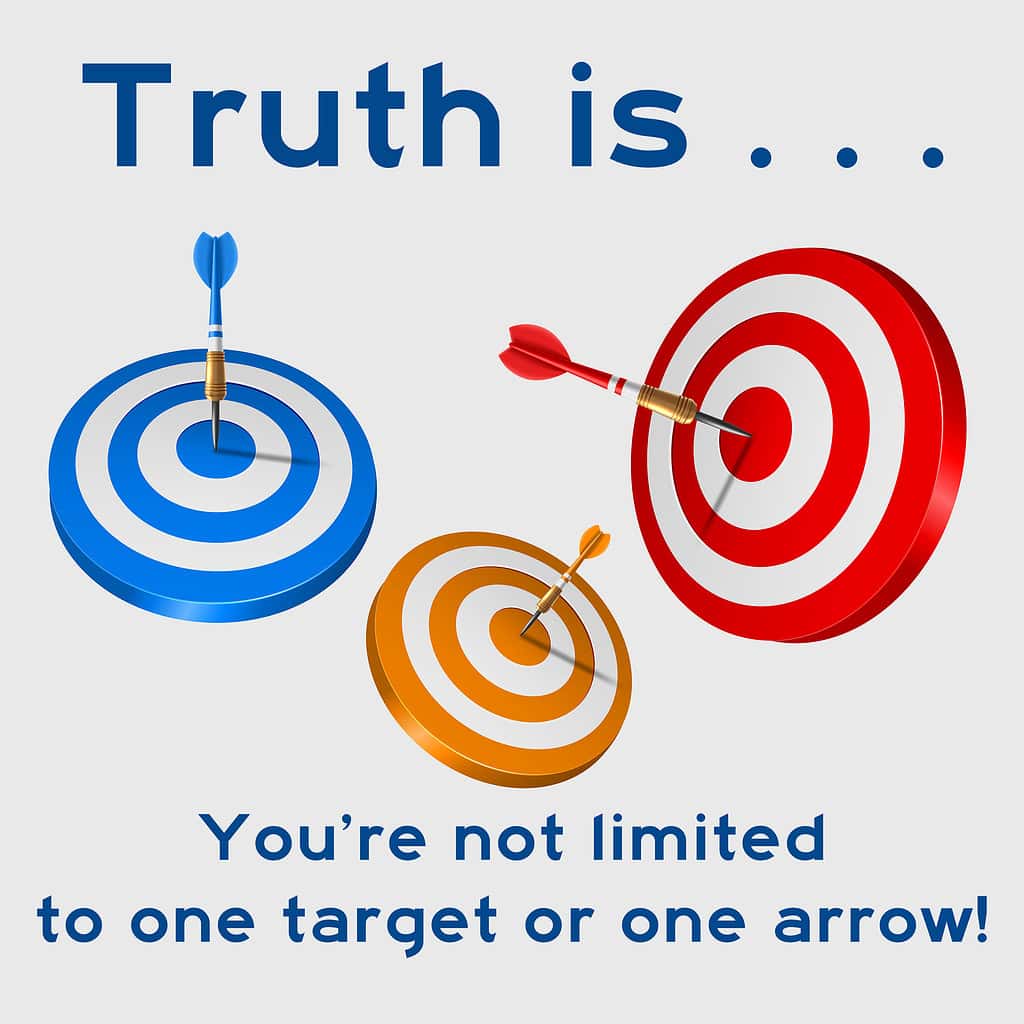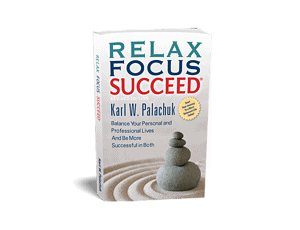Set Yourself Up For Success
When It Comes to Feedback
Feedback without A Clear Personal Mission is Just Criticism
by Karl W. Palachuk
I’m not sure how “accepting feedback from others” became a trait that our society values and encourages.
Most of us have some very negative feelings around feedback. Even when we say we’re open to it, our first reaction is to be defensive. Our first reaction is to justify ourselves and explain why we are the way we are.
And when someone else says they want your feedback, aren’t you just a little worried about what the reaction will be when you give feedback? No. You’re a lot worried! 🙂
 So what’s the deal with feedback?
So what’s the deal with feedback?
First, consider the difference between criticism and feedback. At some level, these are the same thing. We tend to put a negative connotation on criticism. But when you’re in the right frame of mind, criticism can be great feedback!
The difference on the part of the sender is whether they intend to be helpful or just point out faults. The difference on the part of the recipient is whether they’re in a frame of mind to listen and apply the feedback.
So the difference that matters is on the part of the recipient. You can get feedback from a lot of sources, including messages the sender doesn’t intend to send, like a smile or an eyebrow twitch.
Second, consider how feedback is processed. If you have a Vision or a Mission, then feedback can be extremely valuable. In fact, you will seek it out at every opportunity and implement it as quickly as possible.
If you’re working with a vision or mission, then you will have specific goals you’re working on. Feedback will allow you to fine-tune your work to maximize your goals. This is true in your personal life, your business life, your family life, etc.
If you’re working on a specific trait and someone gives you feedback, you will accept it even if it was not intended to be helpful. You’ve heard it said that your best advice can come from your enemies. That’s only true if you’re willing to listen.
If you don’t have a vision then feedback is useless. If I give you feedback on your golf swing but you’re not working on your golf swing, you won’t care.
If you hear feedback on parenting, but you don’t have a goal to be a better parent, then you won’t care.
The same is true of improving your professional skills, your community organizing skills, and every other aspect of your life.
 Third, when receiving feedback, try to be open and not defensive. Keep your vision in mind. If the feedback speaks to a vision or goal you have, then be grateful and think about how you can integrate this feedback.
Third, when receiving feedback, try to be open and not defensive. Keep your vision in mind. If the feedback speaks to a vision or goal you have, then be grateful and think about how you can integrate this feedback.
You might even make a point of writing down the feedback. That will make it easier to remember, and easy to work into your morning quiet time or meditation. When you sit down to consider your mission and your goals for various parts of your life, having this feedback available will give you a kick-start.
One of the biggest ways that we harm ourselves is by having an initial negative reaction to feedback. This is natural. We’re defensive because someone is focusing on what we can do better. We’re all more comfortable working on what other people can do better!
Having a “partner” helps a lot! For example, if you run, play tennis, swim, or do some other activity with a partner, you find that the two of you can give and receive advice very openly because you share a vision about what you want to achieve.
The same is true with other goals. If you give people at work permission to keep in line with regard to dieting, cleanliness, or some other goals, then you’ll be more open to feedback. And, once you demonstrate openness, they’ll be more likely to help you.
Fourth, when offering advice to others, keep their goals in mind. In fact, it is very helpful to put the two together. For example:
“I know you’re working on better communication skills. You seemed to be looking at the screen a lot more than the audience. More eye contact would help a lot.”
We don’t always know what other people’s goals are. That suggests that we should consider whether it’s useful to give them feedback at all. Just because you think I should be working on something doesn’t mean I am. So when I get unsolicited advice on how to improve myself, I might have a negative reaction.
|
In the big-big picture, there’s not much you can do for other people unless they’ve asked for your help. But there’s a lot you can do for yourself.
– Have a vision for your success
– Set specific goals
– Be open to feedback (or criticism), even if you didn’t specifically ask for it
– Pay more attention to the substance of the feedback than the intention. In other words, learn from your adversaries as well as your allies.
– Try to react positively to feedback
Good luck!







